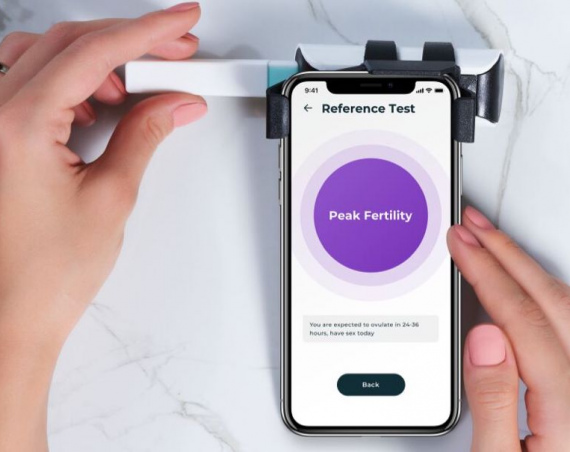
The Biden-Harris Administration has announced a proposed rule that would mark the most significant expansion of contraception coverage under the Affordable Care Act since 2012. The proposal aims to increase coverage of contraception without cost sharing for 52 million women of reproductive age with private health insurance.
The proposed rule introduces three key changes to expand contraception access:
First, it would enable women to obtain over-the-counter (OTC) contraception without a prescription at no additional cost. This change is particularly significant given the recent FDA approval of the first daily oral contraceptive for OTC use.
Second, private health plans would be required to disclose OTC contraception coverage without cost sharing and prescription requirements, ensuring women can better understand and access their benefits.
Third, the rule would strengthen coverage of prescribed contraception by requiring health plans to cover every FDA-approved contraceptive drug or drug-led combination product without cost sharing, unless the plan covers a therapeutic equivalent without cost sharing.
This proposed expansion comes alongside other initiatives to increase contraception access. The administration has already taken steps to strengthen contraception coverage through various channels, including:
- Providing $287 million to nearly 4,000 Title X clinics across the country
- Supporting almost 3 million contraceptive services visits at federal health centers in 2023
- Launching a public-private partnership with Upstream to expand contraception access through health centers
- Eliminating cost barriers for federal employees, service members, and certain veterans
The proposed rule represents a significant shift in how contraception coverage is managed under private insurance, potentially making both prescription and OTC contraceptive options more accessible and affordable for millions of women.
For the femtech and women’s health innovation community, this regulatory change could create new opportunities in digital health, telemedicine, and direct-to-consumer healthcare delivery. The emphasis on OTC access and improved coverage disclosure may particularly impact companies working on contraceptive access and healthcare navigation solutions.



